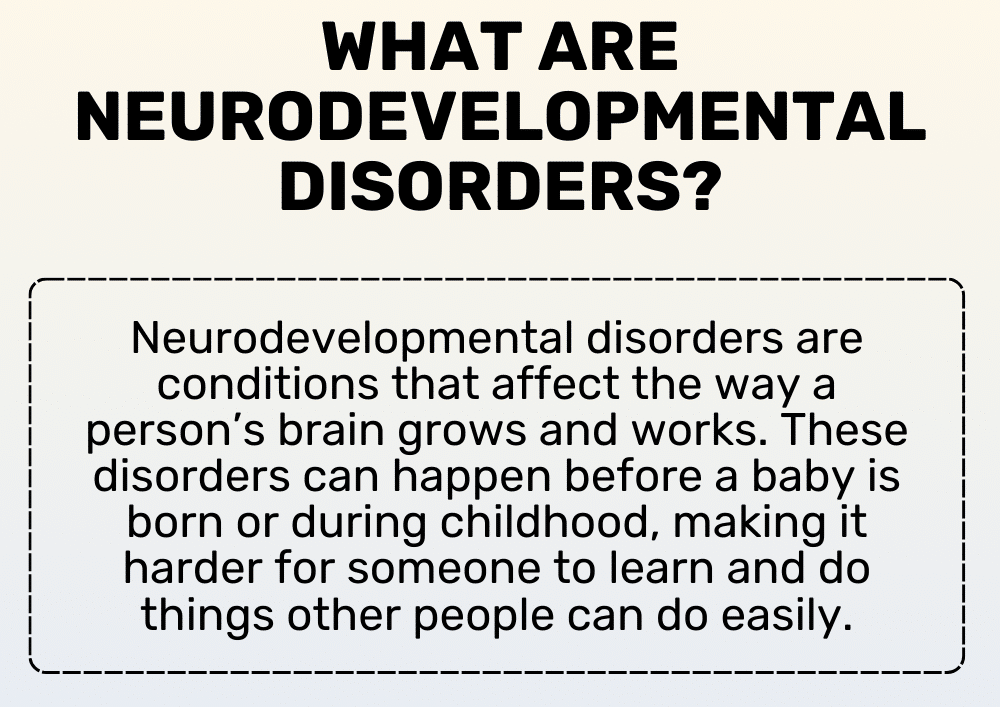Angelman/Prader-Willi Locus disorders have no cure, but there are effective treatments to manage the symptoms. Here are the common treatment options:
- Medications: Anticonvulsants control seizures in Angelman syndrome, while growth hormone therapy improves muscle tone and overall growth in Prader-Willi syndrome.
- Therapy: Physical, occupational, and speech therapy enhance motor skills, communication abilities, and quality of life for Angelman syndrome. Behavioral therapy manages challenging behaviors in Prader-Willi syndrome.
- Nutritional management: Monitoring food intake and exercise is crucial for individuals with Prader-Willi syndrome. Specialized diets, meal plans, and weight management programs can help.
- Supportive care: Ongoing medical care and support from a team of healthcare providers are essential.
For example, speech therapy can assist children with Angelman syndrome in developing alternative communication strategies. Nutritionists can help Prader-Willi syndrome children with obesity and overeating through personalized meal plans and healthy habits.
Prognosis varies based on symptom severity and support received. With proper treatment, individuals with Angelman/Prader-Willi Locus disorders can lead fulfilling lives. Goally offers support for these conditions, aiding kids’ life and language skills development.
Editor’s note: This information is not meant to diagnose or treat and should not take the place of personal consultation, as needed, with a qualified healthcare provider and/or BCBA.















